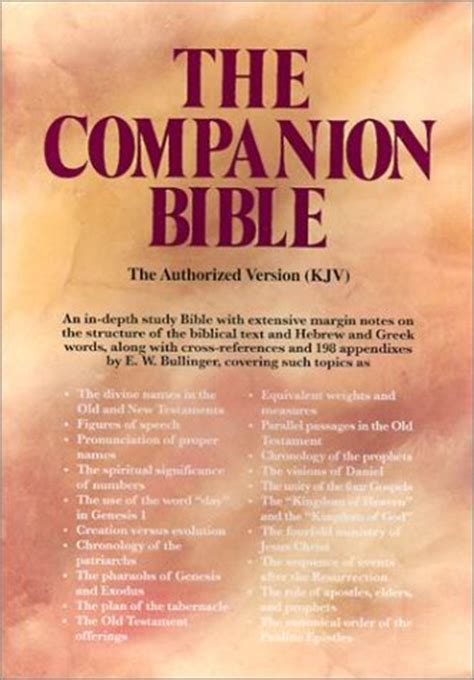Hengstenberg Commentary Psalms, Ecc, Eze, John Rev (Lutheran)
Hengstenberg Commentary Psalms, Ecc, Eze, John Rev
Hengstenberg Commentary Psalms, Ecc, Eze, John Rev
Posted by David Cox
Downloaded from Wordmodules.com
Hengstenberg was a Reformed Lutheran divine that fought strongly for the inspiration of the Bible, and rejected many modernizing factors and movements in his day.
Hengstenberg is one of the older, towering names in Evangelical Christianity, perhaps best known for Christology of the Old Testament. Hengstenberg’s books are cited hundreds of times in works such as Pulpit Commentary and Keil & Delitzsch’s Commentary on the OT. The translator/editor of Calvin’s Commentaries also makes frequent reference to Hengstenberg.
In these classic commentaries, Hengstenberg calls attention to the messianic prophecies and types of Christ (Adam, Jonah, etc.) by evaluating the Old Testament in light of New Testament revelations, such as Christology, Christ’s sacrifice, Israel, and the church.

Brown The Devil's Mission of Amusement 7 page article from 1889. Hollywood in the church and her ministries. Brown was a student of C.H Spurgeon.
Excerpts:
Different days demand their own special testimony. The watchman who would be faithful to his Lord and to the city of his God needs to carefully note the signs of the times and to emphasize his witness accordingly. Concerning the testimony needed now, there can be little if any doubt. An evil is in the professed camp of the Lord, that is so gross, so brazen in its impudence, that the most shortsighted of spiritual men can hardly fail to notice it.... Amusement for the people is the leading article advertised by each... until the hideous fact has been proved up to the hilt, that "amusement" is ousting "the preaching of the Gospel" as the great attraction... The Concert is fast becoming as much a recognized part of church life as the Prayer Meeting; and it is already, in most places, far better attended.
"Providing recreation for the people" will soon be looked upon as a necessary part of Christian work, and as binding upon the Church of God, as though it were a Divine command, unless some strong voices are raised which will make themselves heard.
Read the 7-page article: Brown, The Devil's Mission of Amusement.
John (3 vols)
This work judiciously ties the book of John to Old Testament background theology. At times, it is very provocative (cf. on Jn. 1:15, 30, “He is preferred before me.”.
Hengstenberg examines the theopneuestic nature of the text by studying the character of Christ.
Psalms (3 vols)
This commentary remains widely known, read, and cited. This commentary is considered a solid addition to the personal library of any serious student of the Old Testament.
Revelation (2 vols)
Hengstenberg broke with the tradition of his day, writing a fresh commentary on Revelation. He examines the historical context, thoughts of previous theologians, and the influence of the Old Testament. In the second volume, Henstenberg explores the Beast from the Sea, the New Jerusalem, and the background to the book and to its author, St. John (available in the accompanying Topic file).
Henstenberg also wrote a thorough introduction to each chapter and to Revelation itself.
Ezekiel (1 vol)
Hengstenberg provides a historical and semantic exposition of Ezekiel. Recognizing the importance of prophecy, Hengstenberg defines connects Ezekiel and other Old Testament prophecy and the eventuality of Israel’s actions.
Ecclesiastes (1 vol)
Focusing on misery derived from earthly pursuits, E. W. Hengstenberg offers a comprehensive exegesis of the text. Viewing Ecclesiastes as an exhortation from the author, Hengstenberg examines semantic and implicit meaning throughout the book with regard to historical context. The author draws upon acclaimed authors such as Franz Delitzsch and Ferdinand Hitzig to clarify key points and arguments.
About Ernst Wilhelm Theodor Herrmann Hengstenberg
Hengstenberg, E. W. (1802 – 1869) was a German Protestant theologian and exegete. He received education from his father, a Lutheran clergyman. He studied at the University of Bonn (which he entered at the age of nineteen). Furthermore, he served as Professor of Theology at Berlin and later became editor of the Evangelische Kirckenzeitung, a publication which he had a wide influence on the religious life of his time. He maintained an interest in defending evangelical truth with fearless daring, undaunted by the attacks of critics.
Download
Download “Hengstenberg Commentary” hengstenberg.cmt-1.twm – Downloaded 2087 times – 6.54 MBMore Commentaries on the Whole Bible
- Apologetic Bible Commentary ABC
- Believer’s Bible Commentary
- Bible Teacher’s Commentary
- Biblical Illustrator (BI) v1 v2
- Bonar, Horatius Light and Truth 4 volumes
- Bridgeway Commentary
- Bullinger Bible Commentary
- Calvin John Complete Commentary
- Carroll Interpretation of the English Bible Commentary
- Charles Box Commentaries (Church Christ)
Advertisement
Let's say you are writing something within theWord (in a BookView Window). You want to insert a verse. Where is that verse that says you should worship only God? Well, you remember part of it, that it is in Matthew 4 in the temptation of Jesus in the desert, but you don't remember exactly where it is. Quick Finding a verse
